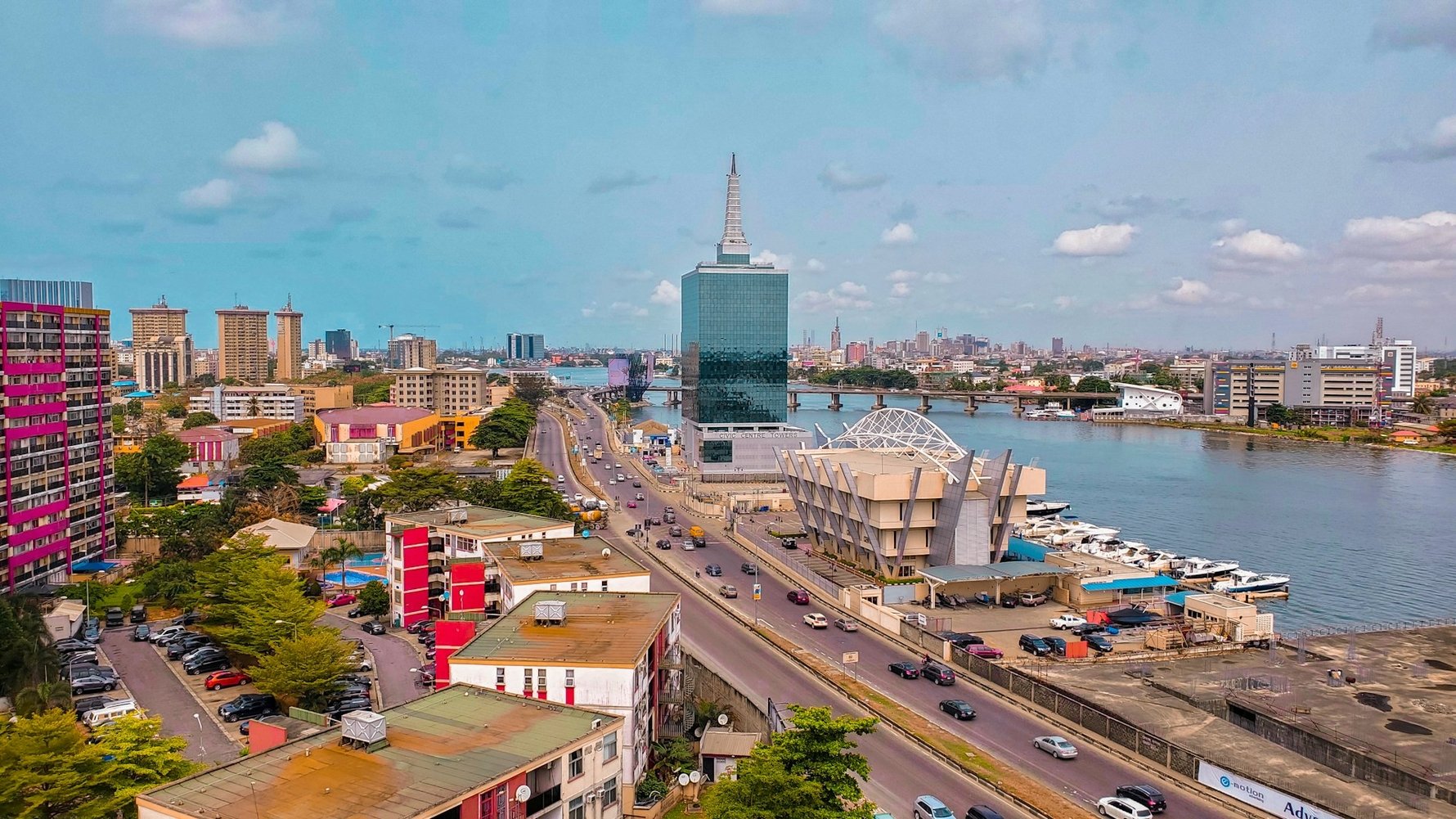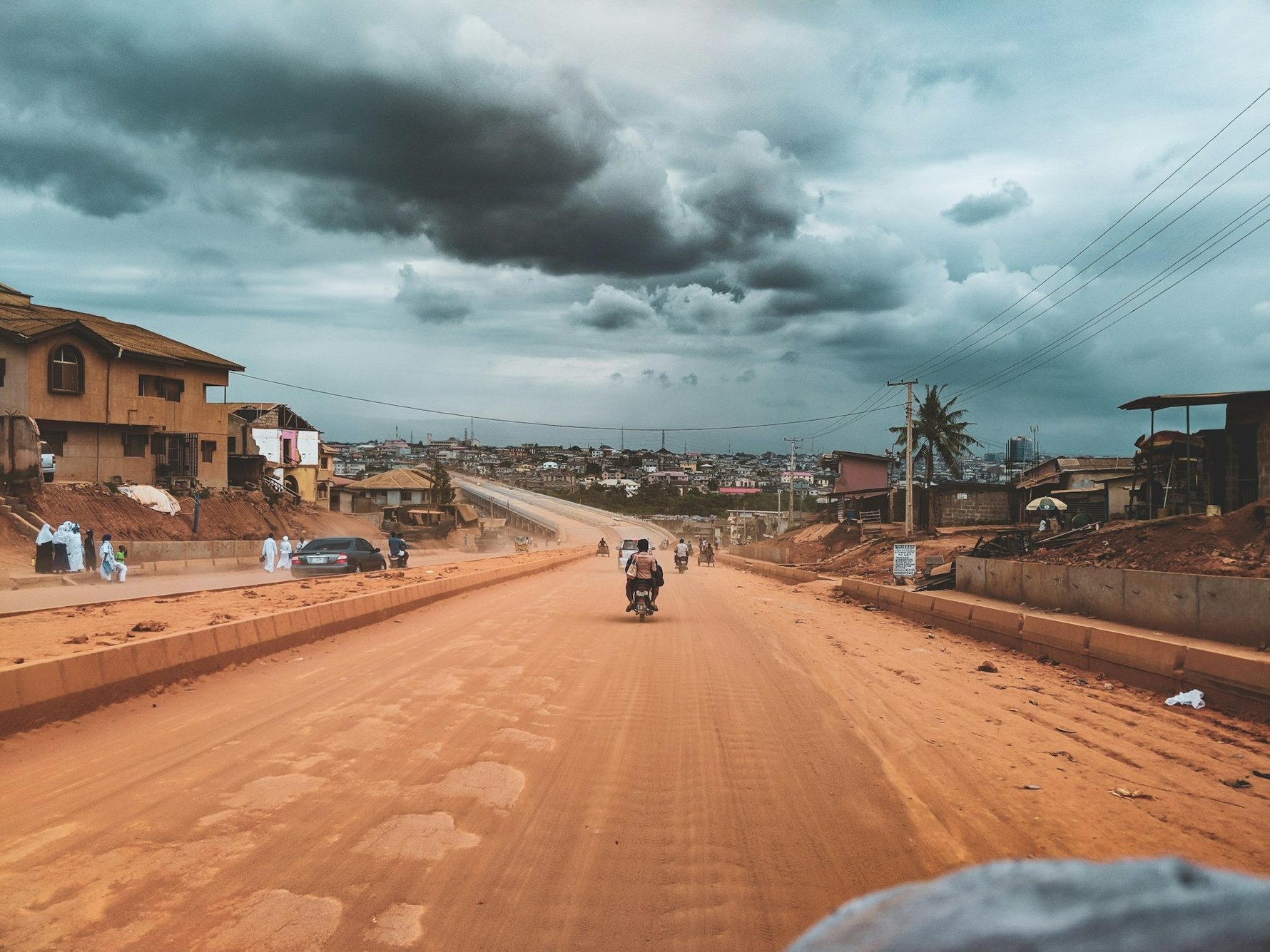Rethinking the Urban Engine
When we talk about African cities, we often focus on skyscrapers, highways, and tech hubs. But the real engine of urban life in Nigeria hums in places without glossy facades: street markets, roadside vendors, and informal traders who set up shop under umbrellas or in open stalls. These grassroots economies aren’t just surviving – they’re innovating. And in doing so, they’re reshaping how Nigerian cities work, look, and think.Informal economies account for over half of Nigeria’s urban workforce. This isn’t a sign of underdevelopment – it’s a story of adaptation. Where infrastructure falls short, street-level commerce fills the gap. These everyday entrepreneurs are masters of improvisation, and their influence extends beyond economics into the cultural and civic DNA of the city.

Markets as Laboratories of Adaptation
Step into any major Nigerian city – from Lagos to Kano – and you’ll find markets functioning as living laboratories. They are sites of constant iteration, negotiation, and experimentation. Prices are adjusted in real time, supply chains rerouted by the hour, and customer feedback absorbed directly through conversation.From tech repairs in Computer Village to mobile money kiosks in Onitsha, innovation isn’t happening in glass towers but in the vibrant, chaotic matrix of local trade. Nigerian cities are being shaped by those who innovate not out of luxury, but out of necessity.
This culture of rapid adaptation is so dynamic that even sectors like Football Predictions reflect the same grassroots logic – quick data interpretation, high-stakes forecasting, and a community-driven sense of momentum.
Beyond Commerce: A Platform for Identity
Markets in Nigerian cities are more than commercial spaces – they are cultural arenas. They define spatial organization, social roles, and even fashion trends. The colors of Balogun Market spill over into Lagos streetwear. Local foods that trend in Mile 12 become staples in high-end urban restaurants. Hair braiding styles first seen in open-air stalls quickly make their way to Instagram feeds across the continent.This constant exchange of value and image builds a unique city identity from the bottom up. In a country as diverse as Nigeria, where no single narrative dominates, informal economies become the place where identities converge and evolve.
Read also: How Local Markets Are Shaping Nigerian Innovation
Transport, Tech, and the Hustle Economy
One of the most striking features of Nigeria’s urban informality is how it redefines mobility. Danfo buses, okadas (motorbike taxis), and keke napeps (auto-rickshaws) are not only transport – they are mobile economies. Drivers often double as informal couriers, sales agents, or information brokers. In many neighborhoods, your local keke driver is more informed than the nearest police officer.Mobile tech has also woven itself into this fabric. Informal traders use WhatsApp for business, Instagram for marketing, and mobile payments to leap over traditional banking constraints. What emerges is a hybrid city: partly analog, partly digital, fully improvisational.

Resilience as a Civic Structure
In Nigerian cities, resilience isn’t a buzzword – it’s a way of life. Power outages, currency fluctuations, and political unrest are frequent obstacles, yet informal systems persist. Their very lack of formality gives them the agility to respond fast, scale laterally, and self-correct.When formal systems falter, informal networks step in. During the COVID-19 lockdowns, street traders created local food distribution systems long before government relief reached many communities. This reveals something profound: resilience in Nigerian cities is not institutional – it’s interpersonal.
Rethinking Urban Policy from the Bottom Up
Urban development models often dismiss informal economies as temporary or chaotic. But in Nigeria, they are structural. Any attempt to modernize Nigerian cities without integrating street-level dynamics is bound to fail.Some forward-thinking local governments are beginning to embrace this logic. In Lagos, for example, plans to formalize street vending through dedicated micro-markets aim to retain the spontaneity of informal trade while improving safety and hygiene. It’s a balancing act – but one that reflects a deeper understanding of how the city really works.
Cultural Exports Born in the Streets
What starts in the streets doesn’t stay there. Nigeria’s informal sectors are rich in cultural capital. Afrobeat music often debuts through street speakers before hitting the airwaves. Nollywood films are pirated, yes – but also distributed in open markets that function as film festivals in miniature. The city’s creative pulse begins in spaces that planners often overlook.Nigerian style, slang, and hustle culture are exported globally, powered by a street economy that thrives on visibility and immediacy. What appears informal is, in fact, a highly networked system of trends, innovation, and influence.
The Future Is Already in Motion
Nigerian cities are not waiting for top-down transformation. The streets are already shaping the future –in motion, in transit, in flux. These are places where innovation isn’t scheduled or funded, but constant and instinctive. Where rules are rewritten daily, and survival itself becomes a form of design thinking.Understanding Nigerian cities means stepping off the expressways and into the informal flows that define them. That’s where real innovation lives – not in anticipation, but in action.


Comments